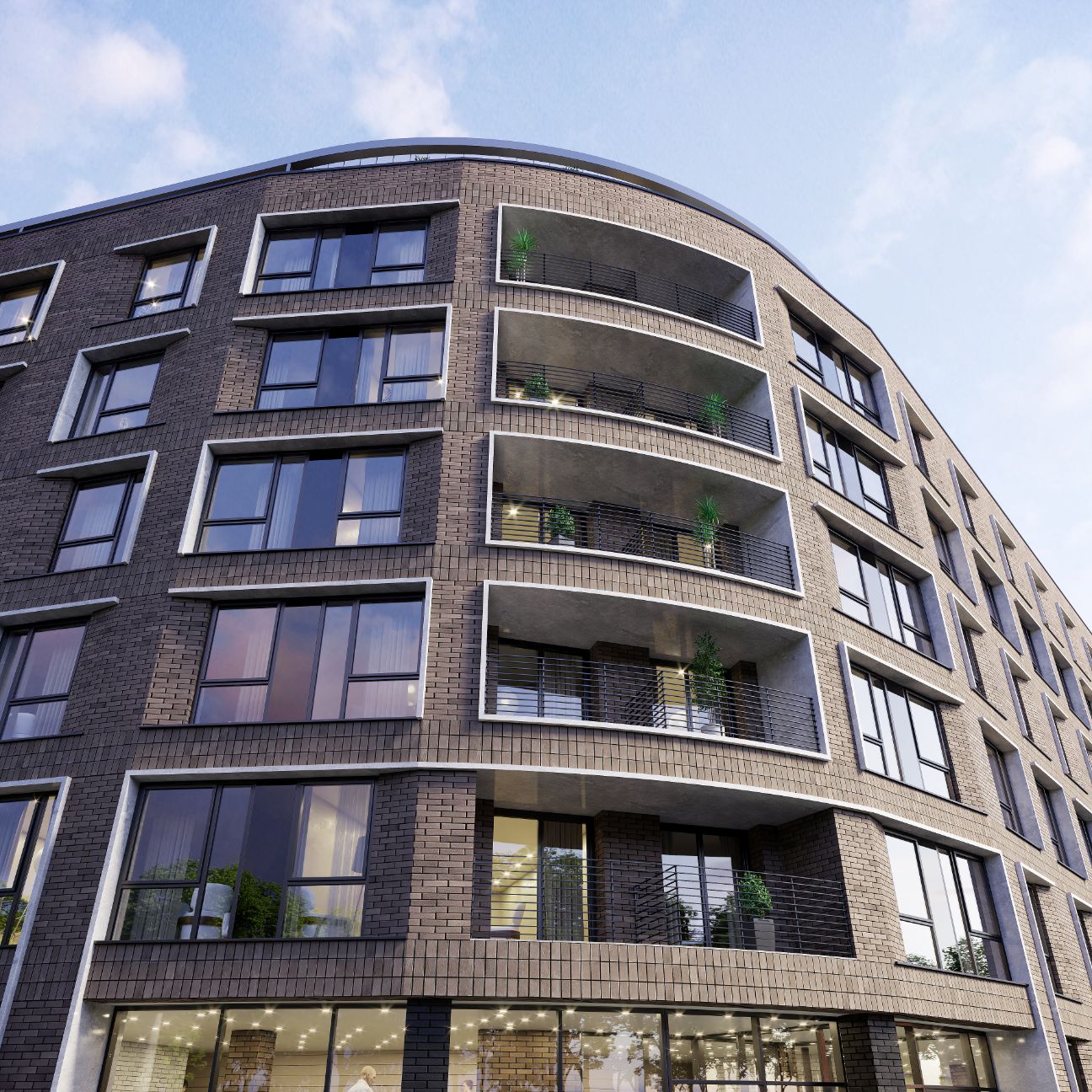
Should I Invest in Student or Residential Property?
Property Investment BasicsOne of the first questions that property investors need to ask themselves is what kind of property do they want to invest in. For most investors, there are two main routes they can choose to go down.
- Student property – Renting out properties for students to live in during their university studies.
- Residential property – Renting out property to standard tenants to live in full-time.
Both options are perfectly valid investment strategies capable of bringing strong returns, and both have their own pros and cons to consider.
Which Investment Should You Choose?
Student buy-to-let investments are often cheaper to purchase than residential properties, but this comes hand in hand with lower returns. This makes them ideally suited for beginner investors who want to dip their toes into property investment, as there are lower entry costs and generally can be easier to manage.
Given the rising number of students being accepted to universities, the demand for student property is higher, and there is less of a risk when it comes to void periods as you can accurately predict when tenants will be living in the property.
Combined with the fact that the majority of students pay rent using their student loans, investors in student property usually have a more stable time investing with less trouble finding tenants who can afford the rent.
Potentially, you might have to deal with damages and wear and tear more with student property. You’ll have a higher turnover of tenants and some students like to party hard, which can lead to things needing repairs.
On the other hand, residential property has a much wider price range for investors, but this can be a double-edged sword. While you can find very affordable residential buy-to-let properties, you may find some outside your budget.
However, this comes with a higher potential for returns from residential property. Unlike student property, where rental income is usually collected in line with student finance payments, rental income for residential properties is commonly collected monthly, as well as all year round rather than just term-time.
This means you are more likely to see higher returns by investing in residential property, but there are added risks to consider.
There is a higher chance of void periods where no tenants have a contract to live on your property, therefore not having any rental income coming in is a possibility you need to consider. You can avoid this by investing in a popular area with a lot of rental demand, such as within the city centre of top cities like Liverpool and Manchester.
Residential properties often see tenants living in them for longer than student properties, which means once you have a tenant moved in, you are more likely to have consistent income long-term. However, if your tenant gives you grief, this can make your life difficult.
To summarise, both student and residential buy-to-let property investment have their own pros and cons, and investors find success with both methods. It will likely come down to a case of affordability versus returns.
If you want an investment at a lower price point, student property is likely for you. If you are chasing higher returns, go for residential buy-to-let.
